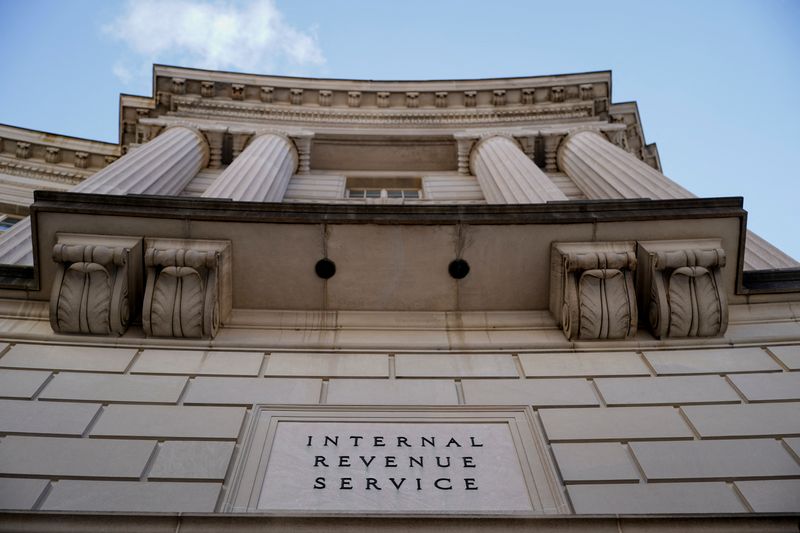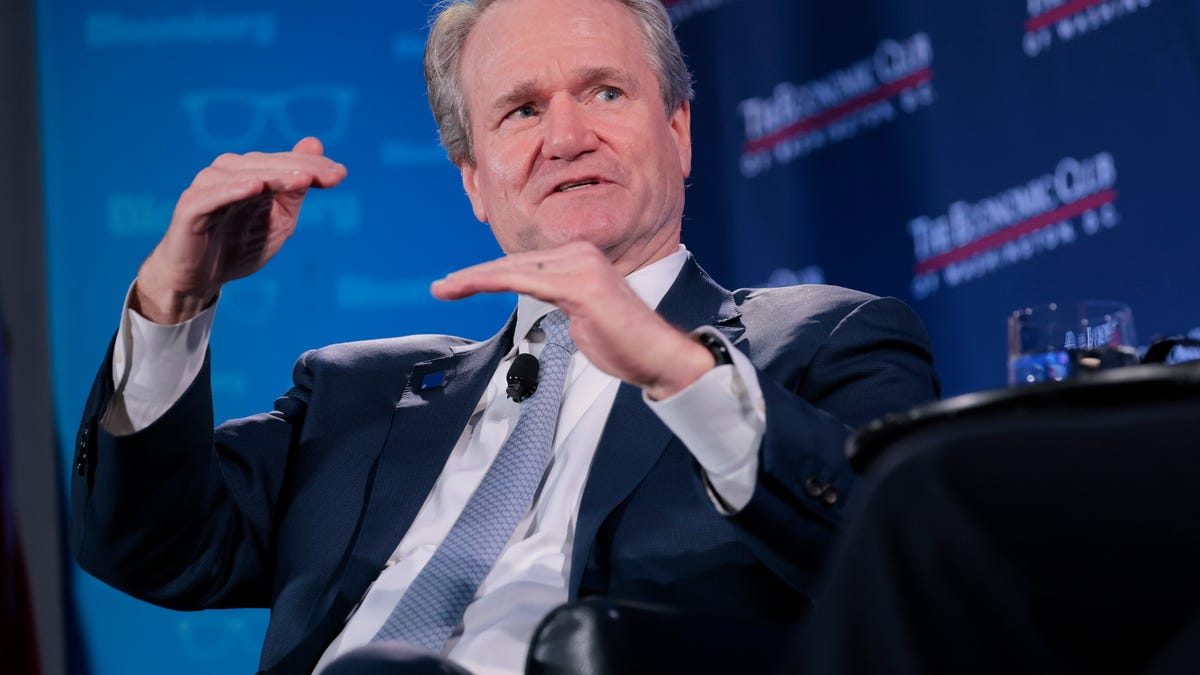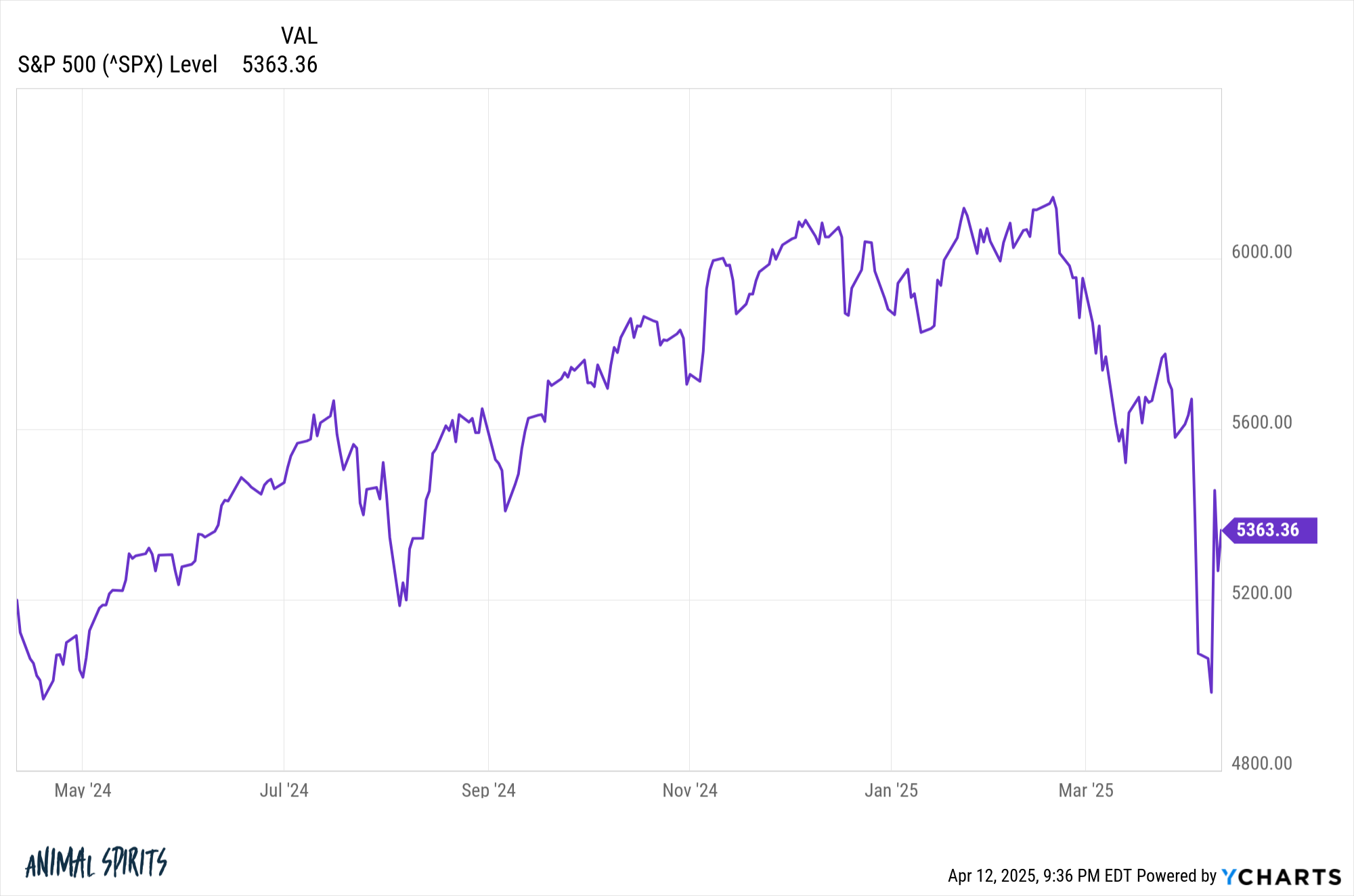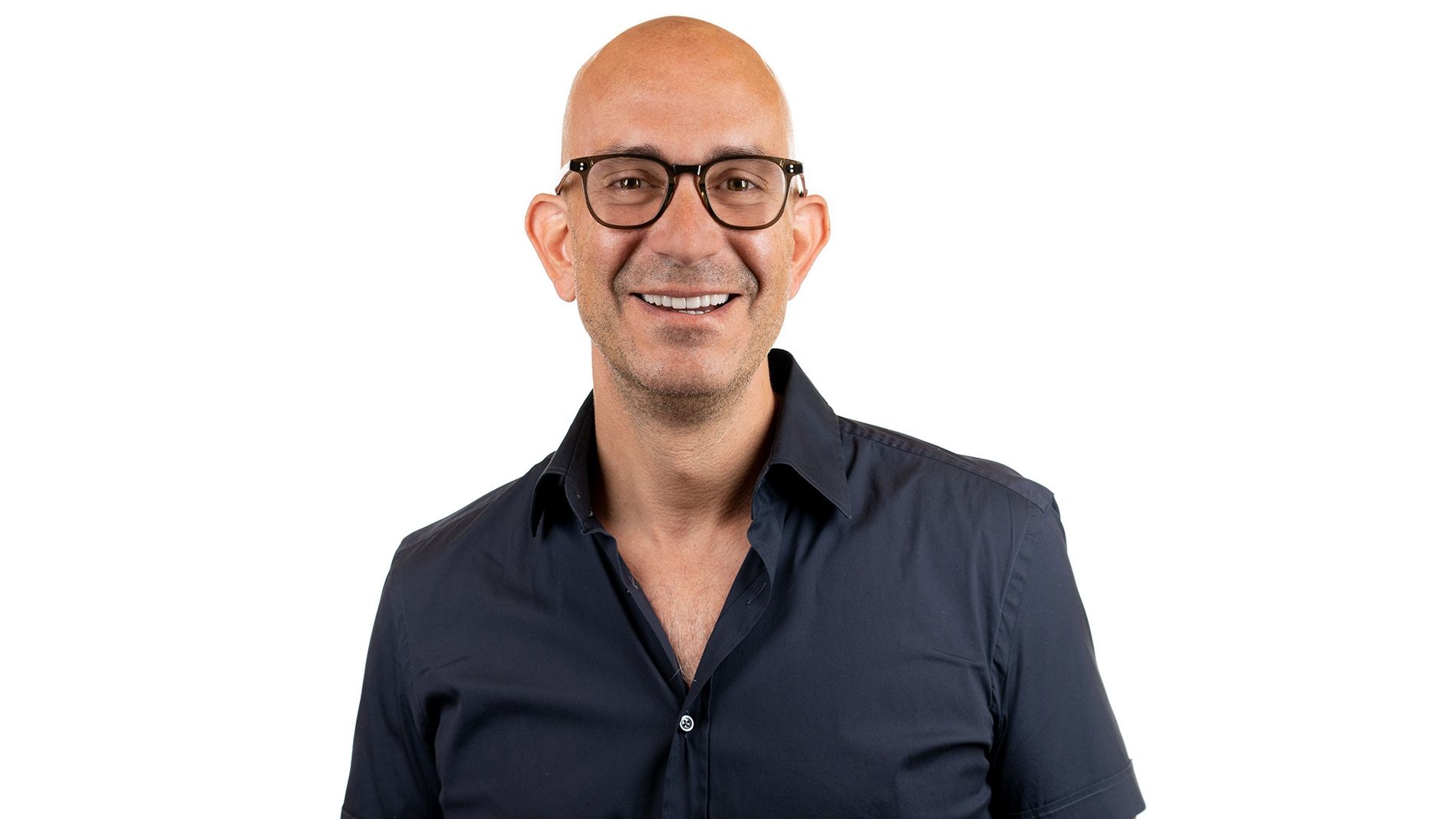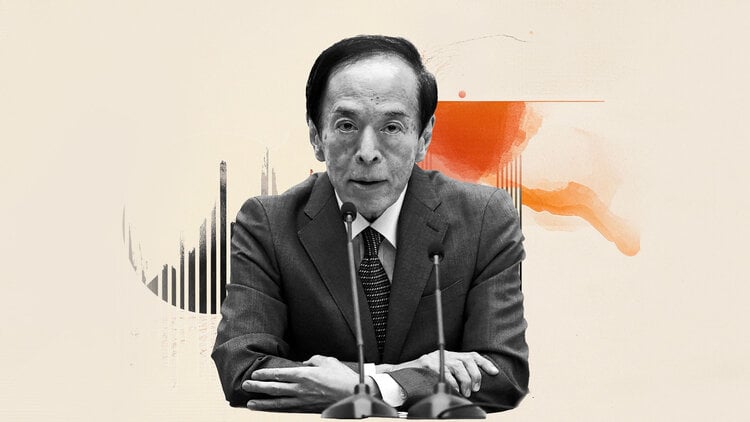I Saved Over $3,000 Before Turning 20—What Should I Do with My Money?
A Reddit poster has not yet turned 20 and already has $3,000 saved. The Redditor wants to know what to do with the money in order to make the most of it, and other commentators did not let the original poster (OP) down in coming up with good ideas. Here’s what many other Reddit users […] The post I Saved Over $3,000 Before Turning 20—What Should I Do with My Money? appeared first on 24/7 Wall St..

Key Points
-
A Reddit user has saved up over $3,000, and he’s not yet 20.
-
He’s trying to decide what to do with the money, and other posters suggested investing or saving it.
-
The right choice will depend on what his financial priorities are.
-
Are you ahead, or behind on retirement? SmartAsset’s free tool can match you with a financial advisor in minutes to help you answer that today. Each advisor has been carefully vetted, and must act in your best interests. Don’t waste another minute; get started by clicking here. (Sponsor)
A Reddit poster has not yet turned 20 and already has $3,000 saved. The Redditor wants to know what to do with the money in order to make the most of it, and other commentators did not let the original poster (OP) down in coming up with good ideas.
Here’s what many other Reddit users suggested, along with some tips on how to make sure you are doing the right thing with your money — especially if you want to get a head start at a young age.
What should a 20-year-old do with their savings?
Reddit users had many different ideas for the OP to use his $3,000 in savings to help set himself up for a successful future.
For example, several people commented that the OP should use the $3,000 to start building an emergency fund, and others chimed in to suggest that the money should be put into a high-yield savings account so it could earn as much interest as possible while also being there to protect the OP in case of a rainy day.
Others advised the poster to set specific financial goals to give purpose to the savings, while some advised the OP to set up a budget to live on in order to avoid impulse spending and to continue to grow his nest egg so he can build upon his early efforts and hopefully reach financial indendence at a young age.
Which option makes the most sense?
All of these suggestions are pretty good ones, but a lot will depend upon the OP’s specific situation. For example, it’s usually a good idea to have an emergency fund if you are reliant on your income to pay the bills or if you risk facing big unexpected expenses such as a car or home repair. The emergency fund can help you avoid debt or continue to fund your costs of living in case you become unemployed.
A 20-year-old, however, may not necessarily have a lot of emergency expenses he has to worry about. If he’s living at home or in a college dorm, doesn’t have a car, and is on his parents’ medical insurance, it’s not like he’s going to need to pay a surprise refrigerator repair bill. Of course, if the OP is living independently with a car of his own and has enough bills that he needs a $3,000 emegency fund, then that’s a different story.
However, if he has very few responsibilities, he may want to take a small amount of this money to create a mini-emergency fund and then invest the rest to get compound growth working for him. When you invest at a young age, your money earns returns that are reinvested and that can help you earn more returns. The younger you are when you start this process, the richer you’ll end up becoming.
As our compound interest calculator shows, for example, a $3,000 investment at age 20 earning a 10% average annual ROI would turn into around $265,062.54 after 45 years by age 65. That’s without any additional money going in — and that amount goes a long way towards helping build a secure retirement, which is likely why many Reddit users advised investing in index funds.
Prioritize your goals — and get professional advice
Ultimately, the OP isn’t going to go wrong here if he saves for emergencies, invests the money, or puts it towards any other medium or long-term financial goal such as buying a house. The important thing is that the poster has developed good saving habits, and he’s aiming to make a responsible choice with his money, so he’s likely on the right path.
He can decide which goals matter the most to him right now, and which he thinks will best set him up for more future security. He can also consider working with a financial advisor for help, either now or very soon as he begins to make his plans. Financial advisors don’t work only for the wealthy, and talking to a trusted financial advisor early on in life could help you set clear goals and create a roadmap towards achieving them so you can make the right money decisions from day one.
Investing in this professional advice early could help you avoid making expensive mistakes, and could allow you to optimize every dollar to make the most of your hard-earned money.
The post I Saved Over $3,000 Before Turning 20—What Should I Do with My Money? appeared first on 24/7 Wall St..





